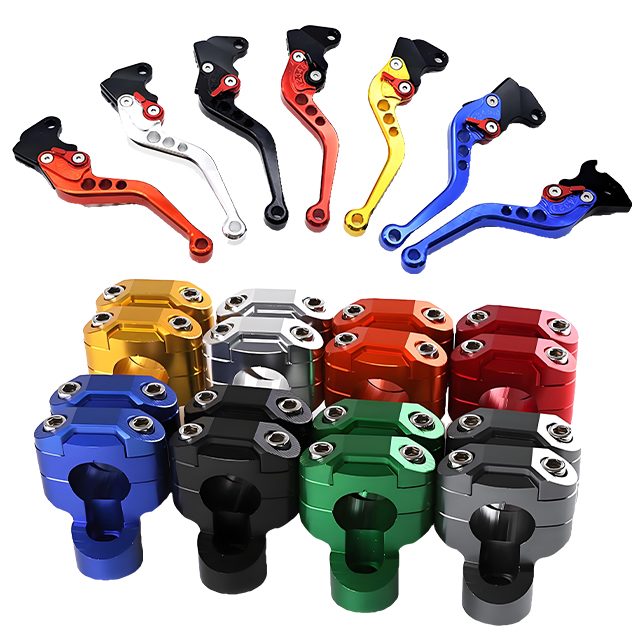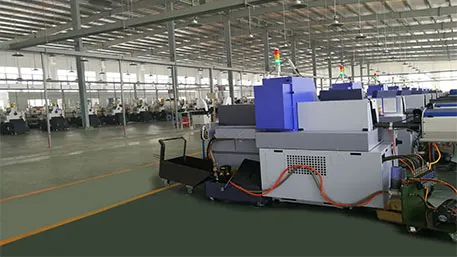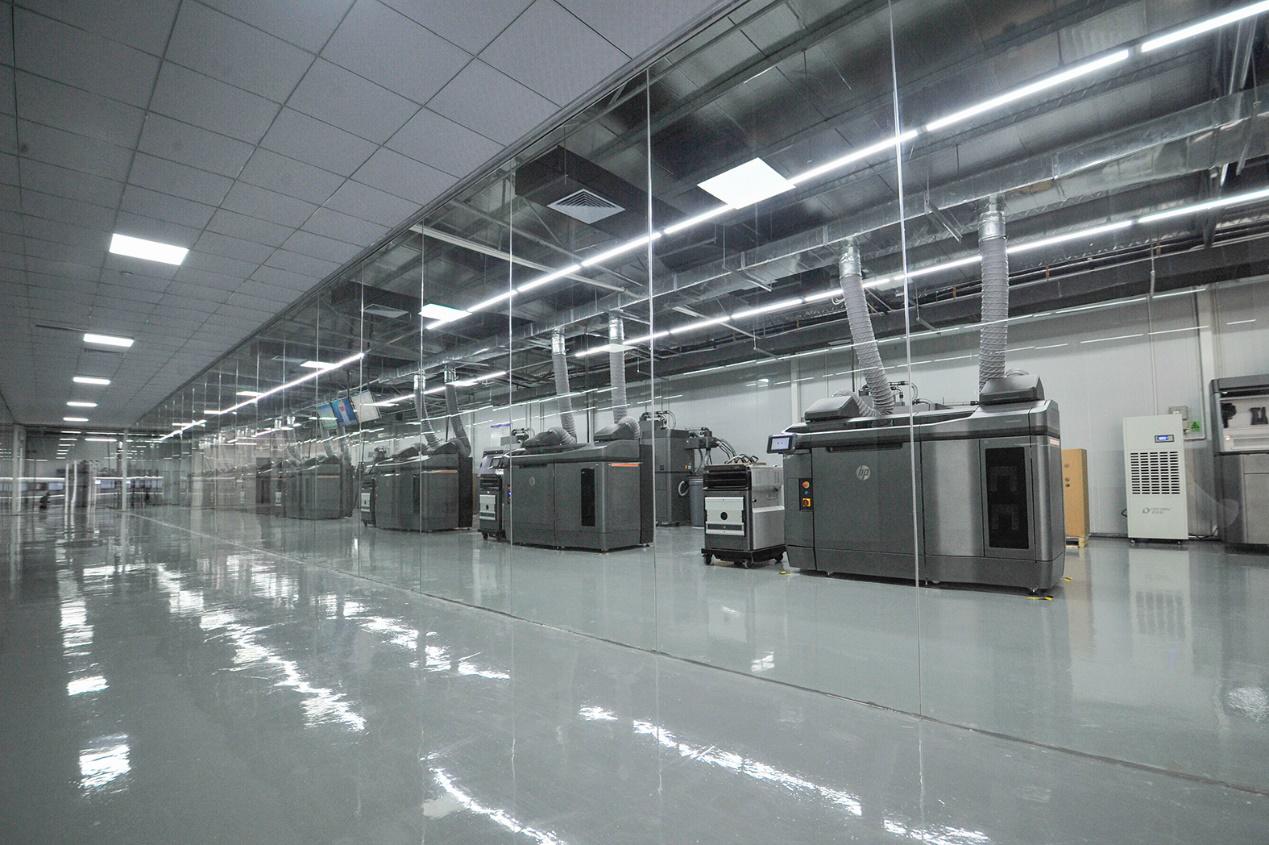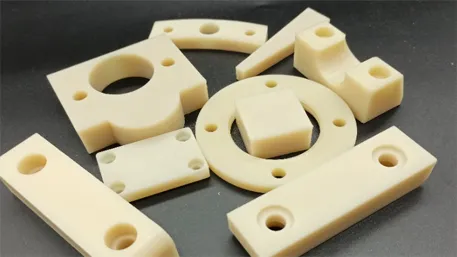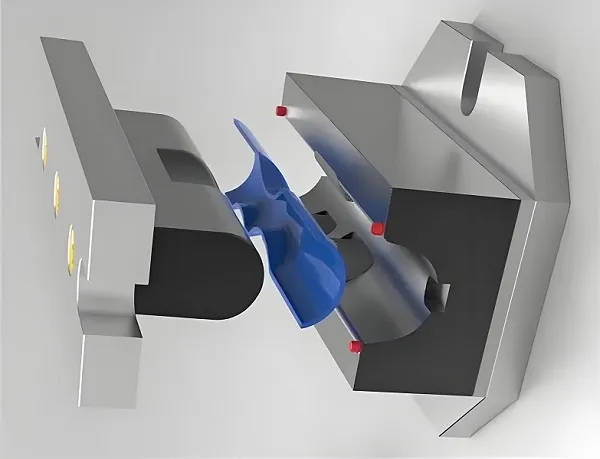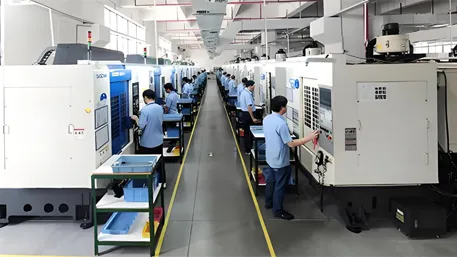Custom plastic mold components are a professional service that combines precision design, advanced materials and advanced manufacturing technology, and are widely used in a variety of industries such as automotive, electronics, medical and aerospace. As a core component of the molding process, plastic molds have a direct impact on the shape, quality and productivity of the final product. This article will delve into the process of customizing plastic mold components, from design, material selection to the details of manufacturing technology, supported by data, in order to provide readers with comprehensive technical insights.
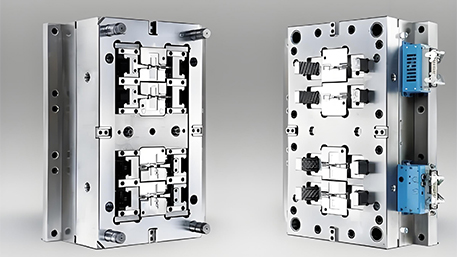
The design complexity of customized plastic mold components
The design of the plastic mold is the starting point of the customization service, and it is also the most critical link. Engineers need to consider a number of factors, including product geometry, wall thickness, material properties, production lead time, and cost. Taking the automotive industry as an example, a complex automotive part may require up to hundreds of mold components, each of which must be precisely designed to ensure overall mold accuracy and durability.
Computer-aided design (CAD) and computer-aided engineering (CAE) software play a critical role in the design process. These tools not only allow engineers to perform 3D modeling and simulation analyses, but also identify and solve potential problems early in the design process, such as stress concentrations, uneven cooling and material waste. According to statistics, projects that use CAE for pre-analysis can increase their mold manufacturing success rate by more than 20%, while reducing manufacturing costs by about 15%.
Material selection of plastic mold components
The choice of material is directly related to the performance and life of the mold. Commonly used materials for plastic molds include steel alloys, aluminum alloys, copper alloys and new high-performance composite materials. Steel alloys are widely used in the manufacture of high-precision and long-life molds because of their high strength, high hardness and good wear resistance. For example, H13 steel is often used to make molds for large plastic products such as car bumpers and instrument panels because of its excellent heat resistance and thermal fatigue resistance.
Aluminum alloy, on the other hand, has become the first choice for manufacturing small and medium-sized molds due to its light weight, easy processing and good heat dissipation properties. With the progress of material science, new high-performance composite materials such as carbon fiber reinforced plastic (CFRP) and ceramic matrix composites (CMC) have also begun to emerge in the mold manufacturing. These materials have higher strength and lower coefficients of thermal expansion, which can significantly improve the precision and durability of molds.
Plastic Mold Component Manufacturing Technology
Manufacturing technologies for plastic mold components cover all stages from prototyping to mass production. In the prototyping stage, rapid prototyping technologies such as 3D printing and laser sintering are widely used. These technologies are able to quickly generate prototypes of molds for designers to perform preliminary functional and shape verification. According to statistics, the design iteration cycle of a mold prototype made using 3D printing technology can be shortened by more than 30%.
In the mass production stage, precision machining technologies such as 5-axis CNC machining (5-axis CNC) and electrochemical machining (ECM) have become mainstream. 5-axis CNC is able to control the movement of five axes at the same time, realizing the precise machining of complex shapes. ECM utilizes electrochemical principles for material removal, and is particularly suitable for processing difficult-to-cut materials and complex shapes. These technologies not only improve the machining accuracy and efficiency of molds, but also significantly reduce manufacturing costs.
Customized Services for Plastic Mold Components
Customized services for plastic mold components include the whole process of services from design consultation, material selection, manufacturing technology to post maintenance. A professional custom plastic mold service provider, such as Xiamen Goldcattle, can provide a one-stop solution. With experienced design team, advanced manufacturing equipment and strict quality control system, they can ensure that each mold component meets customer’s requirements.
In the case of Xiamen Goldcattle, for example, they use advanced CAD/CAE software for mold design, precision machining using 5-axis CNC machining centers and electrochemical machining equipment, as well as providing comprehensive material selection and heat treatment services. Their molds are trusted by customers for their short lead times, high precision and durability.
In addition, Xiamen Goldcattle also provides post-mold maintenance services, including mold cleaning, repair and upgrade. With their professional maintenance team and perfect spare parts inventory, they are able to respond quickly to customers’ needs and ensure the stable operation of the molds in the production process.
Conclusion
Customized plastic mold parts is a complex and delicate service that requires comprehensive consideration of various aspects such as design, materials and manufacturing technology. By adopting advanced CAD/CAE software, precision machining technology and comprehensive customization services, professional plastic mold customization service providers are able to provide high-quality and high-efficiency mold solutions. These solutions not only meet customers’ individual needs, but also enhance product quality and production efficiency, providing strong support for enterprises’ market competition.
At Xiamen Goldcattle, we are committed to providing our customers with the highest quality custom plastic mold parts services. Our team will provide customized solutions based on your specific needs, ensuring that your products are optimized from design to production. Simply provide us with your needs and requirements, and we’ll create the perfect plastic molded part for you.
Frequently Asked Questions
What is the lead time for custom molded parts?
The lead time for customization depends largely on the complexity and quantity of the mold. Typically, simple mold components can be completed in a few weeks, while complex molds can take months. Our team will provide a detailed custom cycle estimate based on your specific needs.
How is the durability of plastic mold components ensured?
Durability is mainly ensured by selecting high quality materials, adopting advanced manufacturing techniques and conducting strict quality control. In addition, we also provide post-maintenance services for the molds, including cleaning, repairing and upgrading, etc. to extend the service life of the molds.
How to calculate the price of plastic mold parts?
Prices are usually calculated based on factors such as the complexity of the mold, material cost, manufacturing technology and quantity. Our team will provide you with a detailed quotation including the cost and total price of each mold component based on your specific needs.

